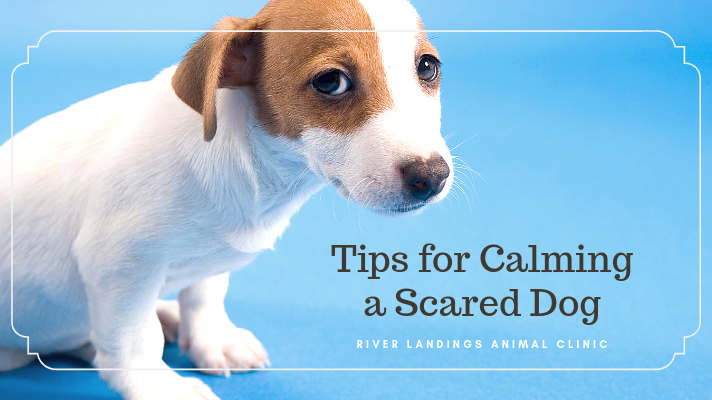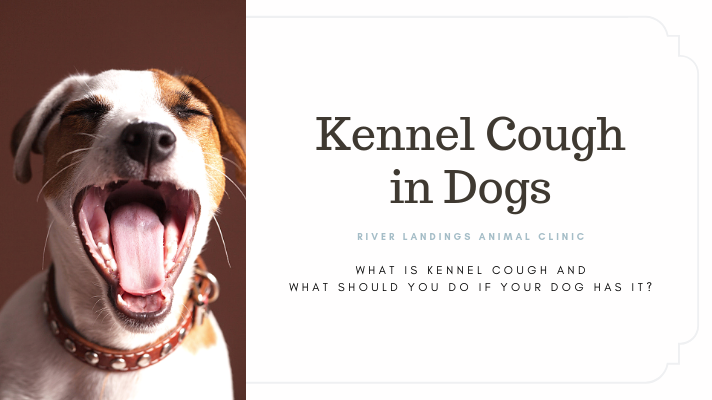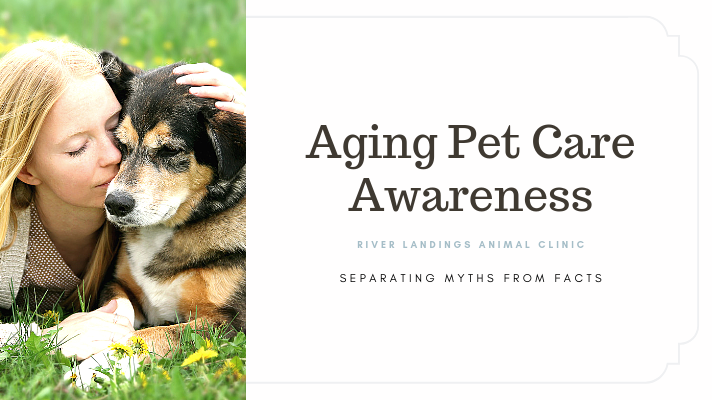Fireworks might be awe-inspiring for some people, but many dogs are afraid of fireworks and find the sound and spectacle of them terrifying. Anxiety over fireworks can leave your pets in a panicked state.
It should go without saying that anxious dogs don’t belong at fireworks displays, but even dogs that are at home can be overwhelmed by the noise, especially if the neighbors are setting off their own. That’s why it is so important to help your pet.
Dogs that are scared of fireworks might hide, tremble, pace or whine in response to the sounds, leading pet parents to consider trying pet meds to help deal with the behaviors. However, there are alternatives to sedating a pet.
The following tips might help reduce dog fireworks anxiety—whether you choose to train before scheduled fireworks or need tips that you can use right away.
Use Sound Training to Relieve Dog Fireworks Anxiety
You can help dogs that are afraid of fireworks learn to cope with them by setting up training sessions throughout the year, well in advance of events such as the Fourth of July or New Year’s Eve.
Begin by playing a fireworks sound effect (many are available free online—Youtube for example) at a very low level for a brief period while giving your dog a series of small, tasty dog treats and lots of praise when they remain calm. Then turn the sound off and stop giving treats.
Repeat the process with the sound at a low level until your dog looks to you expectantly when it starts. Always be sure to check that your dog is comfortable with the sounds and not displaying signs of anxiety.
Gradually turn up the sound in subsequent training sessions, varying the recordings to include a variety of firework types, until your dog begins to associate the noises with goodies and praise for having a calm demeanor.
Try a Dog Anxiety Vest
Much like swaddling helps to calm infants, a snug garment that puts gentle pressure on your dog’s torso can reduce fireworks anxiety.
Get your dog used to wearing a pressure wrap—like a dog anxiety vest—before fireworks so that by the time the event arrives, your dog will be comfortable with the garment and associate comfort instead of terror with being swaddled.
You can either make your own by wrapping a stretchy fabric around your dog’s shoulders and chest (make sure it’s not so tight that it restricts blood flow or the ability to breathe) or opt for a ThunderShirt that uses a patented “hugging” design to help reduce stress from dog fireworks anxiety.
Schedule a Pre-Fireworks Workout
Going for a long hike/walk or spending time playing with pals during the day will help wear out your dog before the fireworks begin.
A dog that’s mentally and physically exhausted might be less likely to react to fireworks, so plan a day of fun activities that will leave your dog ready for a much deserved nap.
Schedule Meals and Potty Time Early
It’s important to time your dog’s dinner and potty trips well in advance of nightfall, since fireworks typically start as soon as the sun begins to set. There’s nothing worse than a dog that’s scared of fireworks that needs a potty break but is too terrified to step out the door.
Give your dog enough time to finish his dinner, digest and potty before the noise begins so that they are not forced to hold it during an already stressful period.
Keep Your Pup Occupied During Fireworks
Provide distraction by giving your dog something delicious to focus on during fireworks, like a KONG Classic dog toy.
Stuff the busy toy with special goodies like your dog’s all-time favorite treat so that they have something else to focus on during the noise.
Muffle the Noise
It’s easy to understand why dogs are scared of fireworks; the unpredictable and loud sounds can be perceived as an impending threat and make a dog feel vulnerable.
While counterconditioning with a fireworks recording throughout the year will help your dog learn to cope with the noise, an easy way to manage dog fireworks anxiety during the event is to simply muffle the sounds with something else.
Plug in a white noise machine or turn on some calming music loud enough so that the fireworks are camouflaged. If your dog’s “safe zone” is their crate, you can also cover the top, sides, and back with a thick blanket and play music or sounds for them. Just make sure your dog can leave the crate if they want to.
Comfort Your Dog
You might have heard that comforting your dog in times of stress can reinforce their fears. However, your dog’s reactions to fireworks are based on a legitimate fear. Providing comfort during this time is appropriate and often helpful.
Sitting close to your dog, petting them gently and offering quiet words of reassurance during scary events like fireworks can help to center your dog and might even reduce their fearfulness. Plus, doing so will help your dog understand that you’re their partner and that they can always turn to you when they are feeling scared.
Consult a Professional
If your dog’s behavior doesn’t improve, find a positive trainer to help you and your dog work through relaxation protocols.
If your dog’s fireworks anxiety puts them or you in danger, talk with your veterinarian or a board-certified veterinary behaviorist about anxiety medication for dogs and whether it is necessary.
Remember that your dog’s fireworks anxiety is a visceral response, and it will likely take a multi-step approach to help your dog feel more comfortable with the sounds.
Hear From Us Again
Don't forget to subscribe to our email newsletter for more recipes, articles, and clinic updates delivered to your inbox (here). Or, you can keep up to date by liking and following our Facebook page (here).
Related: We have more information under our dog health tags.








